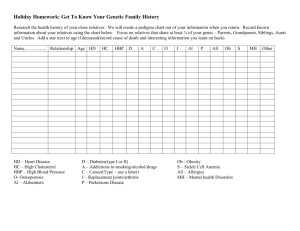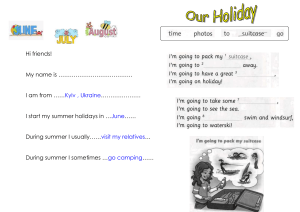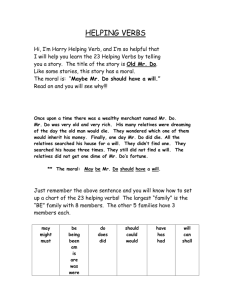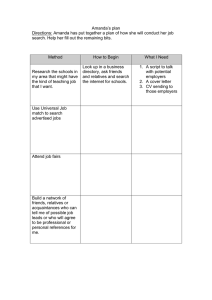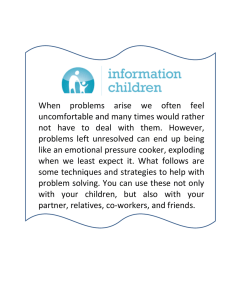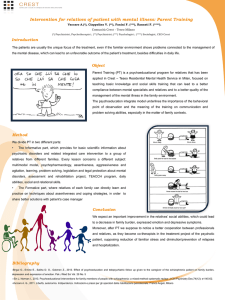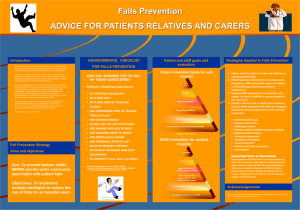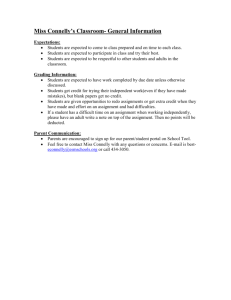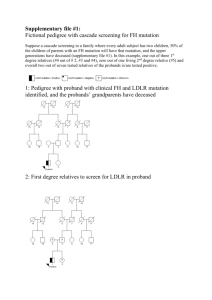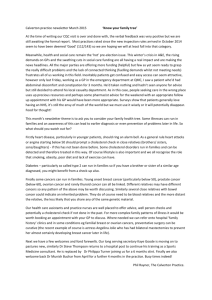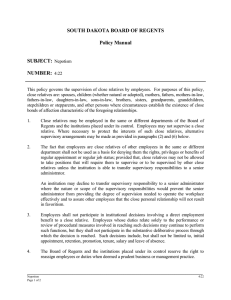Develop Your Career Potential
advertisement
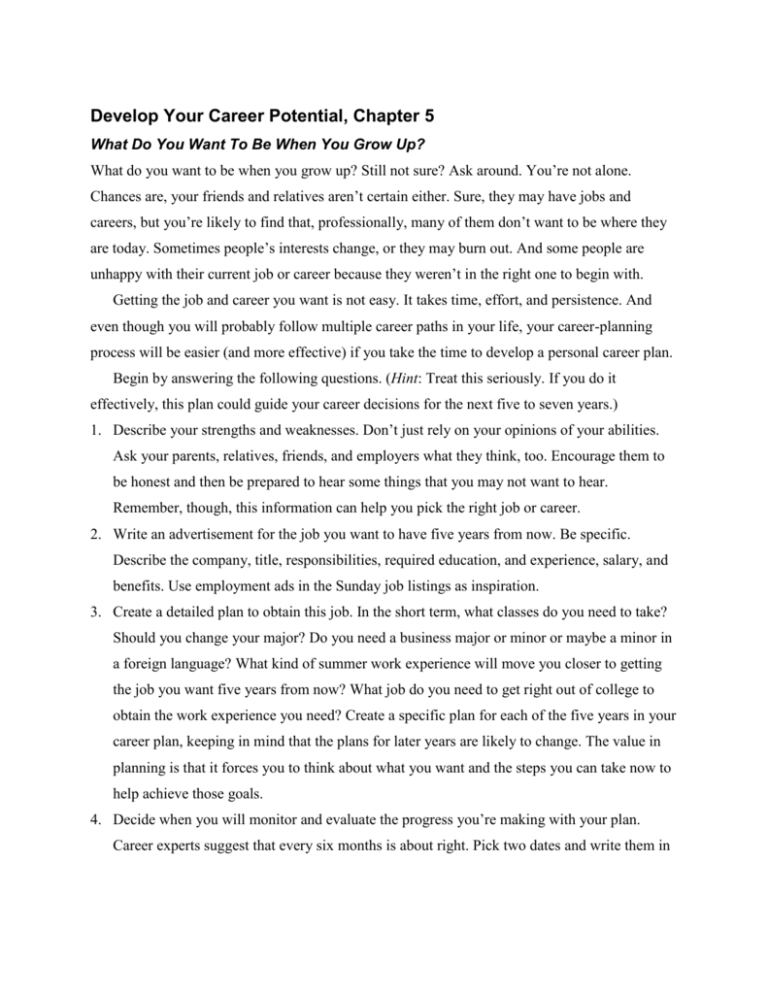
Develop Your Career Potential, Chapter 5 What Do You Want To Be When You Grow Up? What do you want to be when you grow up? Still not sure? Ask around. You’re not alone. Chances are, your friends and relatives aren’t certain either. Sure, they may have jobs and careers, but you’re likely to find that, professionally, many of them don’t want to be where they are today. Sometimes people’s interests change, or they may burn out. And some people are unhappy with their current job or career because they weren’t in the right one to begin with. Getting the job and career you want is not easy. It takes time, effort, and persistence. And even though you will probably follow multiple career paths in your life, your career-planning process will be easier (and more effective) if you take the time to develop a personal career plan. Begin by answering the following questions. (Hint: Treat this seriously. If you do it effectively, this plan could guide your career decisions for the next five to seven years.) 1. Describe your strengths and weaknesses. Don’t just rely on your opinions of your abilities. Ask your parents, relatives, friends, and employers what they think, too. Encourage them to be honest and then be prepared to hear some things that you may not want to hear. Remember, though, this information can help you pick the right job or career. 2. Write an advertisement for the job you want to have five years from now. Be specific. Describe the company, title, responsibilities, required education, and experience, salary, and benefits. Use employment ads in the Sunday job listings as inspiration. 3. Create a detailed plan to obtain this job. In the short term, what classes do you need to take? Should you change your major? Do you need a business major or minor or maybe a minor in a foreign language? What kind of summer work experience will move you closer to getting the job you want five years from now? What job do you need to get right out of college to obtain the work experience you need? Create a specific plan for each of the five years in your career plan, keeping in mind that the plans for later years are likely to change. The value in planning is that it forces you to think about what you want and the steps you can take now to help achieve those goals. 4. Decide when you will monitor and evaluate the progress you’re making with your plan. Career experts suggest that every six months is about right. Pick two dates and write them in your schedule. Furthermore, right now, before you forget, set five specific, challenging goals that you need to accomplish in the next six months in order to achieve your career plans. Sources: “20 Hot Job Tracks,” U.S. News & World Report, 30 October 1995, 98–104; C. Boivie, “Planning for the Future . . . Your Future,” Journal of Systems Management 44 (1993): 25– 27; J. Connelly, “How to Choose Your Next Career,” Fortune, 6 February 1995, 145–146; P. Sherrid, “A 12-Hour Test of My Personality,” U.S. News & World Report, 31 October 1994, 109.
